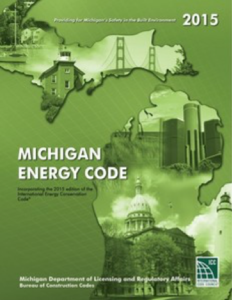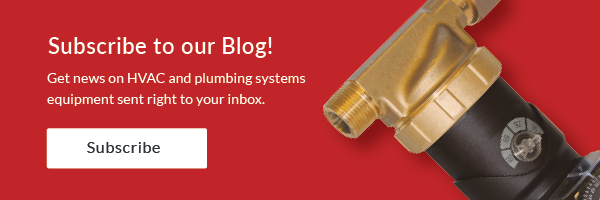 The ASHRAE Energy Standard 90.1 and the 2015 Michigan Energy Code require the AHRI plate heat exchangers used in heating and cooling applications be tested under the AHRI 400 procedures.
The ASHRAE Energy Standard 90.1 and the 2015 Michigan Energy Code require the AHRI plate heat exchangers used in heating and cooling applications be tested under the AHRI 400 procedures.
Effective January 1, 2019, the AHRI scope was expanded to include glycol solutions between 10% and 50%. This will affect your specification and may affect projects you are currently working on.
Prior to January 1, 2019, the standard and code testing was only applicable to water applications. This requirement was identified in the R L Deppmann Monday Morning Minute article, Michigan Rolls ASHRAE 90.1-2013 into the 2015 Michigan Energy Code, published on September 25, 2017.
As of January 1, 2019, the standard also includes glycol as well as water. Your heat exchanger applications using fluids such as DowFrost™ propylene and DowTherm™ ethylene glycol are affected by this change and may need a reselection.
Bell & Gossett (B&G) has published a few clarifications under their frequently asked questions (FAQs) section for heat exchangers which we share with you here.
Bell & Gossett Plate Heat Exchangers FAQs
Question: I’ve been working on a project that uses a glycol solution between 10%-50% concentration. It meets the AHRI HVAC application definition but is currently not AHRI certified due to being out of the current scope. Starting January 1, 2019, does this need to be redesigned to be AHRI certified?
Answer: No, as long as you can produce a specification sheet dated prior to January 1, 2019.
Question: Same as above, but it’s now after January 1, 2019, and the conditions have changed and the plate and frame heat exchanger needs to be redesigned and requoted. Do I have to quote an AHRI certified unit?
Answer: Yes, in accordance with AHRI’s “certify-all” policy as long as it meets the scope, HVAC application definition, and intended market.
Question: Do all manufacturers have to comply with the same AHRI rules?
Answer: Yes, all AHRI 400 certified manufacturers must comply with the same requirements.
Question: What should the engineer and contractor do to avoid an issue with the new rules and the effective date?
Answer: The engineer should make sure there is a document such as the B&G ESP Thermal specification sheet with a date prior to January 1, 2019, if the application meets the AHRI scope.
Question: Can a manufacturer or representative quote a non-AHRI certified design and an AHRI certified design and let the customer choose?
Answer: No. Manufacturers must comply with AHRI’s “certify-all” policy or risk a violation and possible loss of their AHRI certification.
Obviously, plate and frame heat exchanger selections going forward that meet the HVAC application definition and scope of AHRI will be selected using the AHRI 400 testing procedure guidelines. These helpful hints are to assist you during the transition time.
If you have any questions regarding plate and frame heat exchanger selections, always know you can contact the R.L. Deppmann Company for the correct solution.

